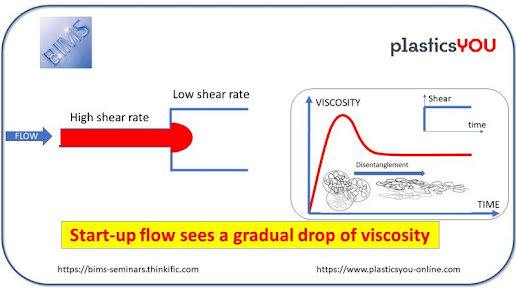PepsiCo Canada Launches 7UP EcoGreen™ Bottles Made from 100 Percent Recycled PET
PepsiCo Beverages Canada has announced the introduction of the 7UP EcoGreen™ bottle, Canada's and North America's first soft drink bottle made from 100 percent recycled PET plastic.
The development of the 7UP EcoGreen bottle is a significant achievement for PepsiCo and a breakthrough for the Canadian beverage sector because the company has identified a way to couple existing technology with the best sources of recycled PET plastic and best-in-class processing techniques to produce a 100 percent recycled PET, food-grade bottle that meets all regulatory requirements and is of the highest quality. Creating a bottle made from 100 percent recycled plastic for soft drinks is more challenging than creating a bottle for non-carbonated beverages because of the stress on materials from carbonation pressure.
By introducing the 7UP EcoGreen bottle in Canada, PepsiCo Beverages Canada will reduce the amount of virgin plastic used by approximately six million pounds over the course of one year. Studies published by the Association for Post-Consumer Plastic Recyclers in 2010, estimate this reduced use of virgin plastic will lead to a reduction of more than 30 percent in greenhouse gas emissions and more than 55 percent in energy use, based on current 7UP production levels.
"After three years of research and development, we have cracked the code to commercially develop a soft drink bottle made from 100 percent recycled PET plastic, and Canada has proudly led the way," said Richard Glover, President, PepsiCo Beverages Canada. "Consumers want products and packaging that reflects their desire to protect the environment, and PepsiCo is committed to delivering on that with this kind of world-class innovation."
"At Pitch-In Canada we initiate recycling and composting programs to clean up and beautify streams, wilderness and urban areas," said Misha Cook, Executive Director, Pitch-In Canada, one of Canada's oldest not-for-profit environmental organizations. "Any action that reduces the use of virgin plastic by approximately six million pounds annually gets my nod of approval. I commend PepsiCo Beverages Canada and its 7UP brand for taking this important step, and I encourage other manufacturers to follow their lead. Together, we can make a significant difference."
The 7UP EcoGreen bottle will be available across all 7UP and Diet 7UP package sizes beginning in early August, and will look and feel like any other PET plastic soft drink bottle consumers will not detect a difference to the packaging or refreshing taste of Canada's number one lemon lime soft drink.
PepsiCo Beverages Canada's long-term plan is to increase the use of bottles made from 100 percent recycled plastic. Currently, PepsiCo leads the industry by incorporating an average of 10 percent recycled PET in its primary soft drink bottles in Canada and the U.S.
With this announcement, PepsiCo reinforces its steadfast commitment to Performance with Purpose and finding innovative sustainable packaging solutions. To drive progress against the company's goal of rethinking the way that it grows, sources, creates, packages and delivers its products to minimize the impact on land, PepsiCo adheres to the following guideposts for sustainable packaging:


Comments
Post a Comment